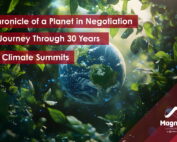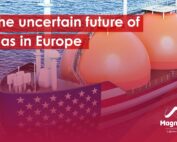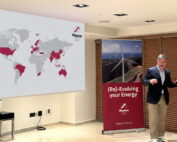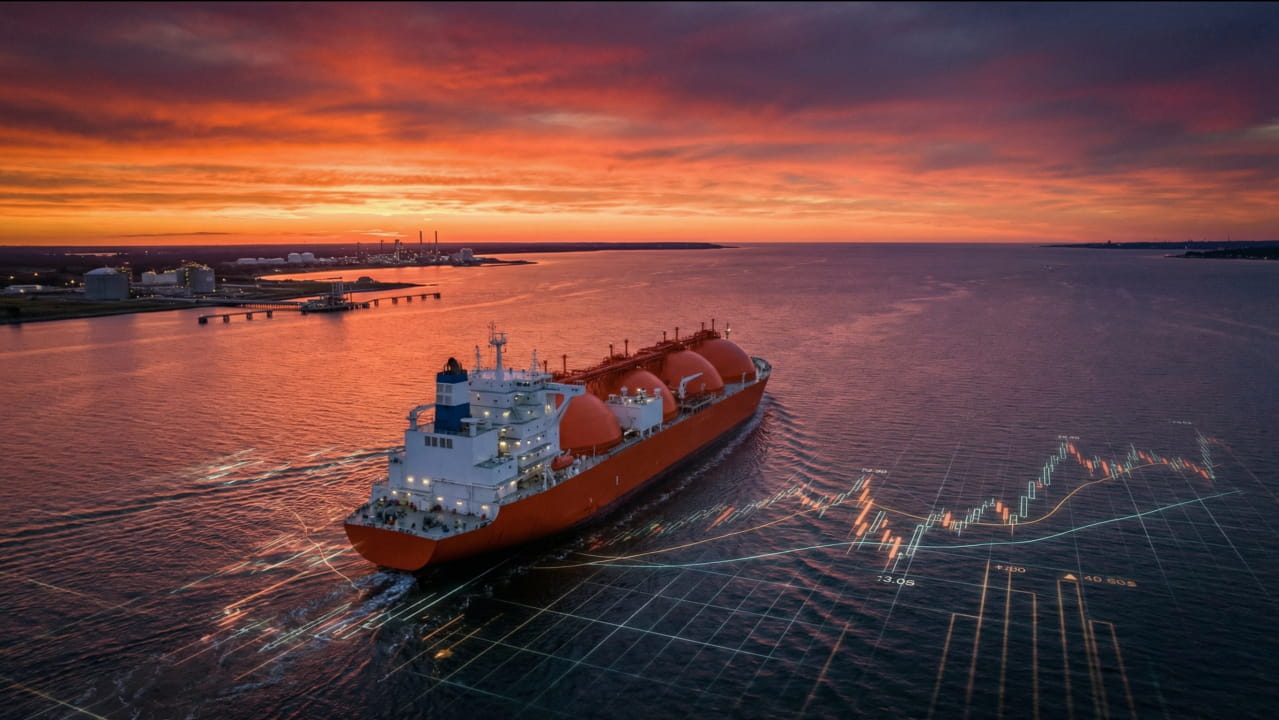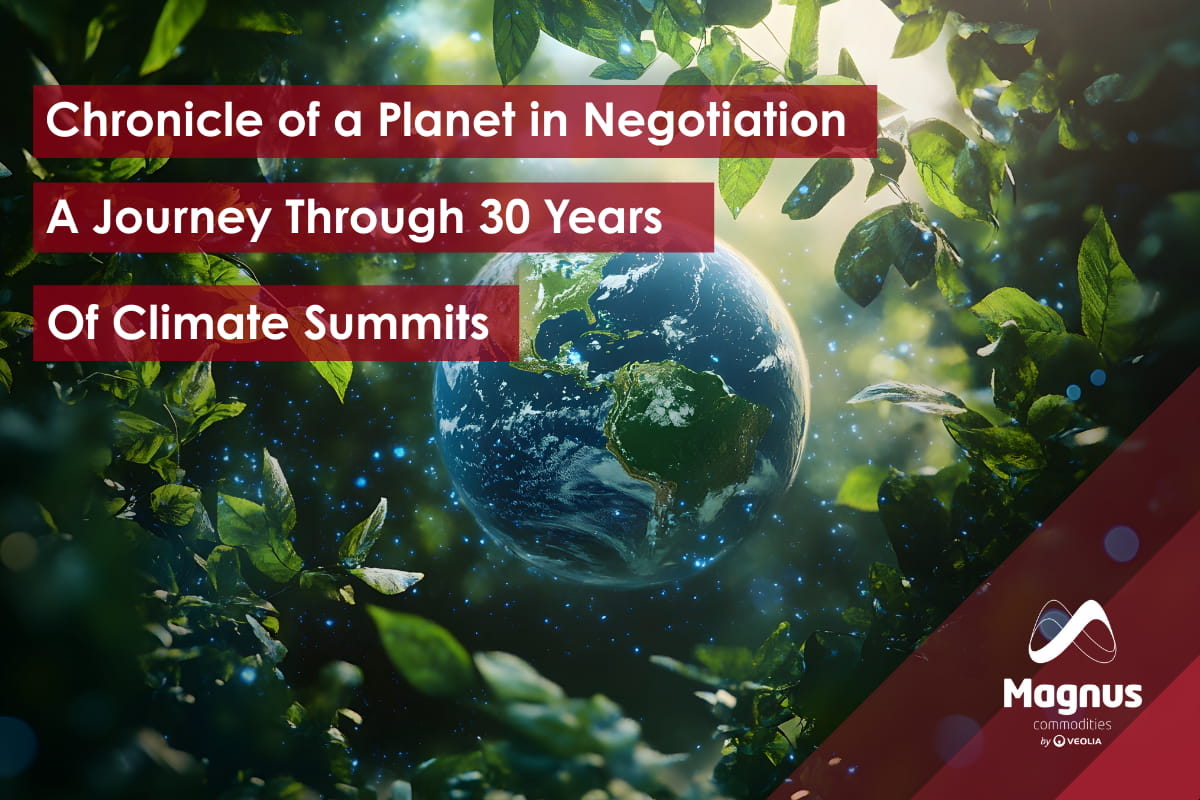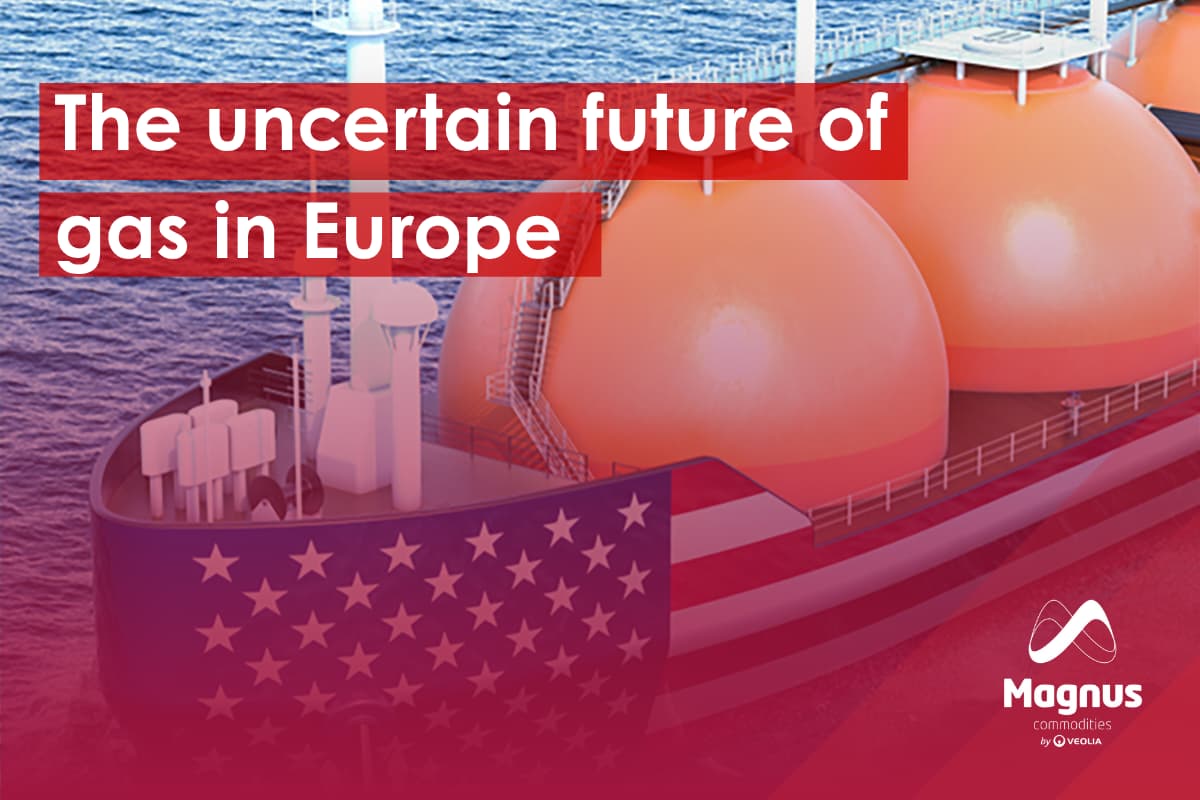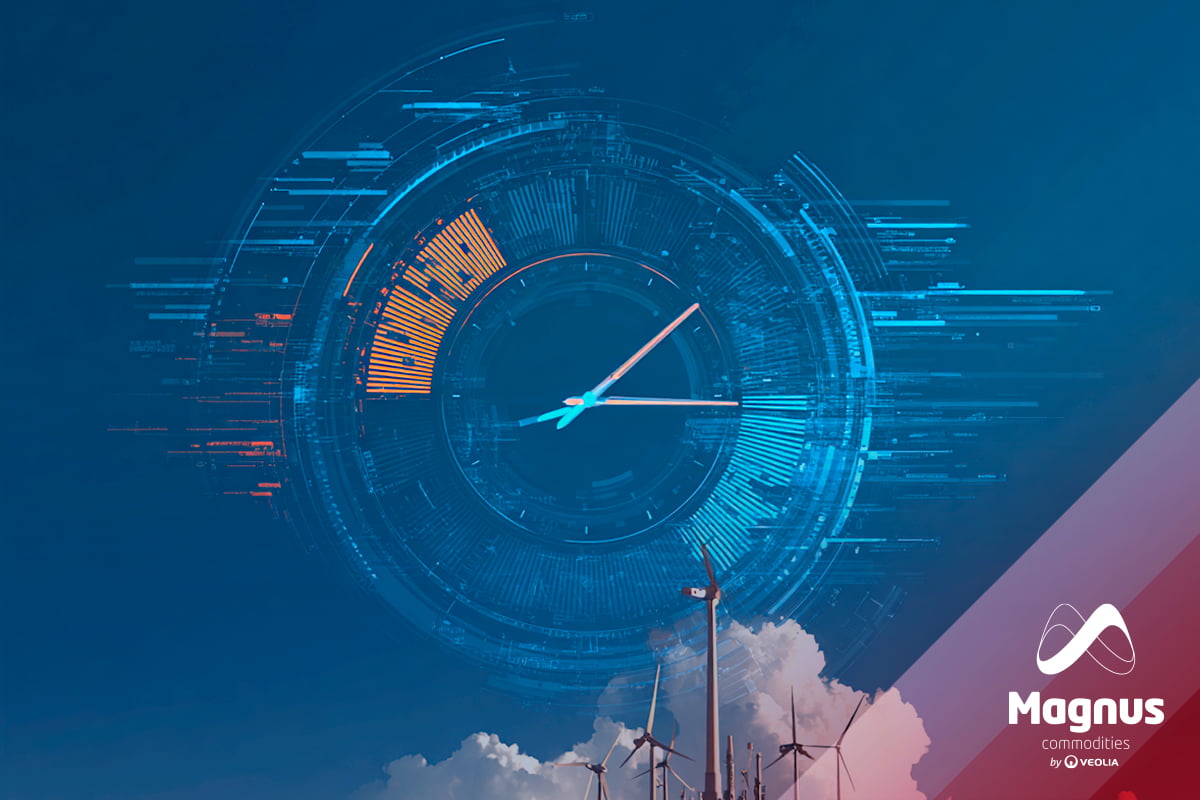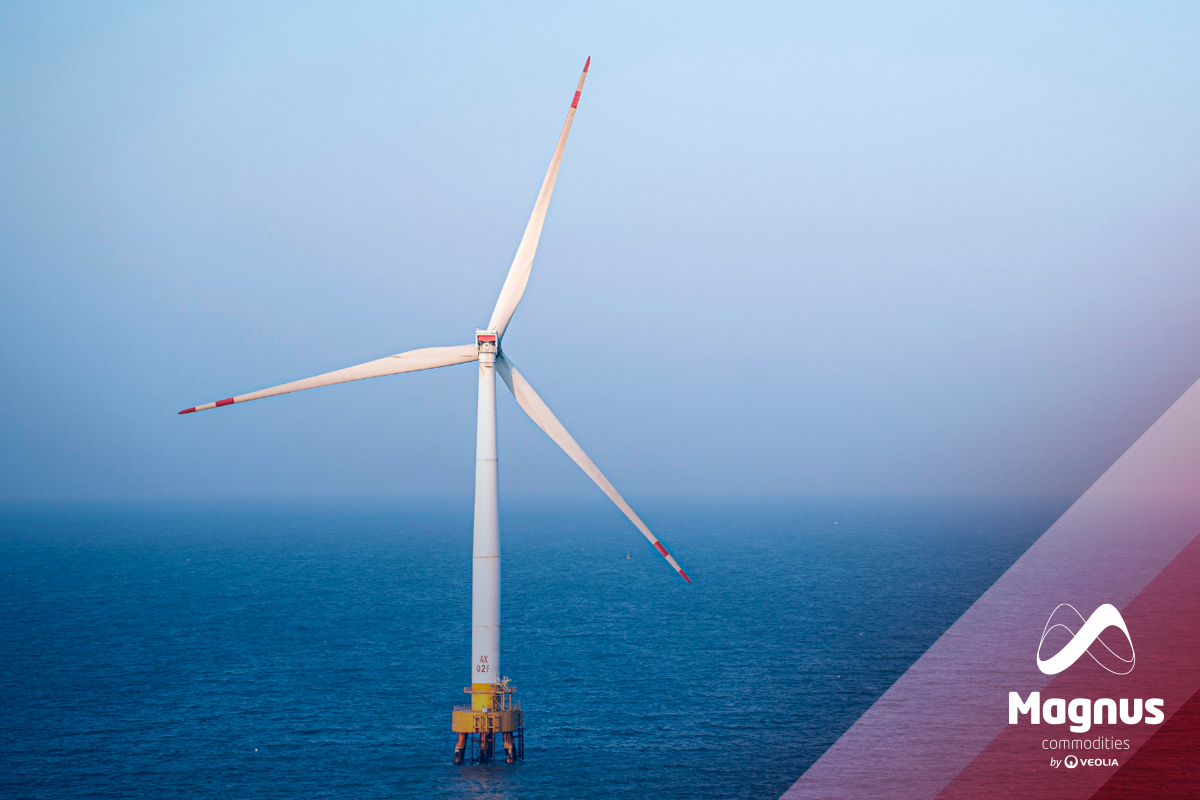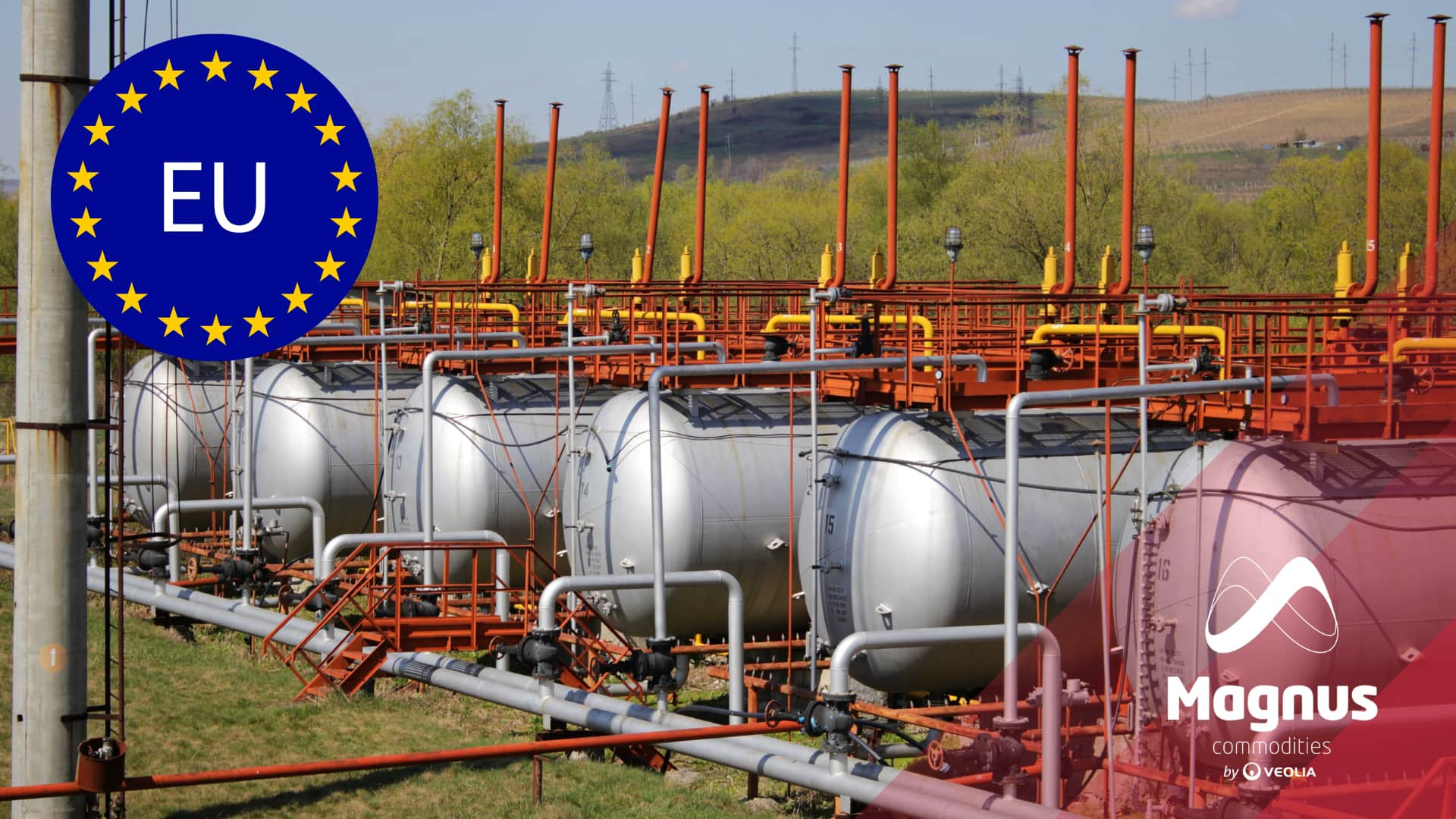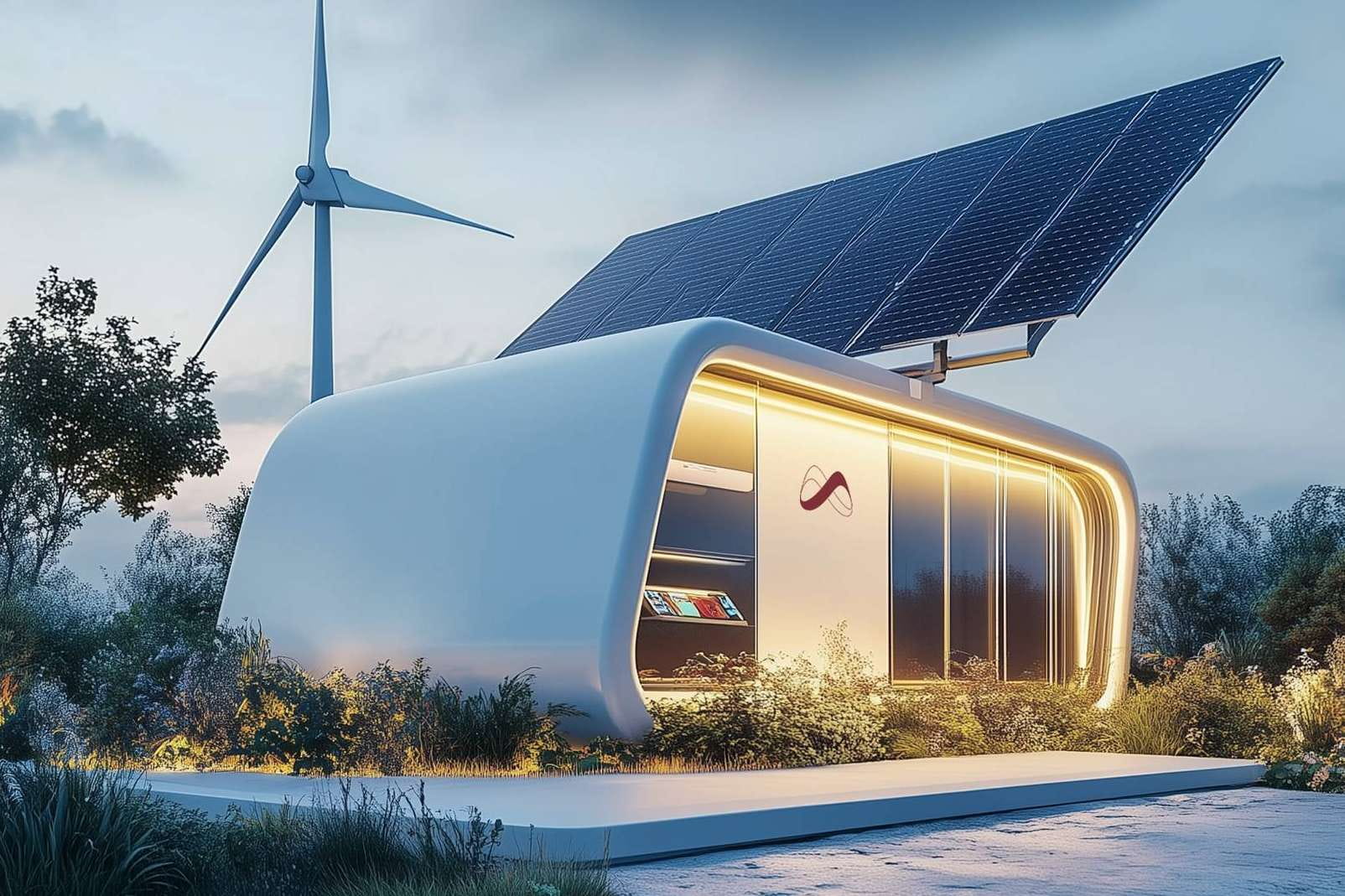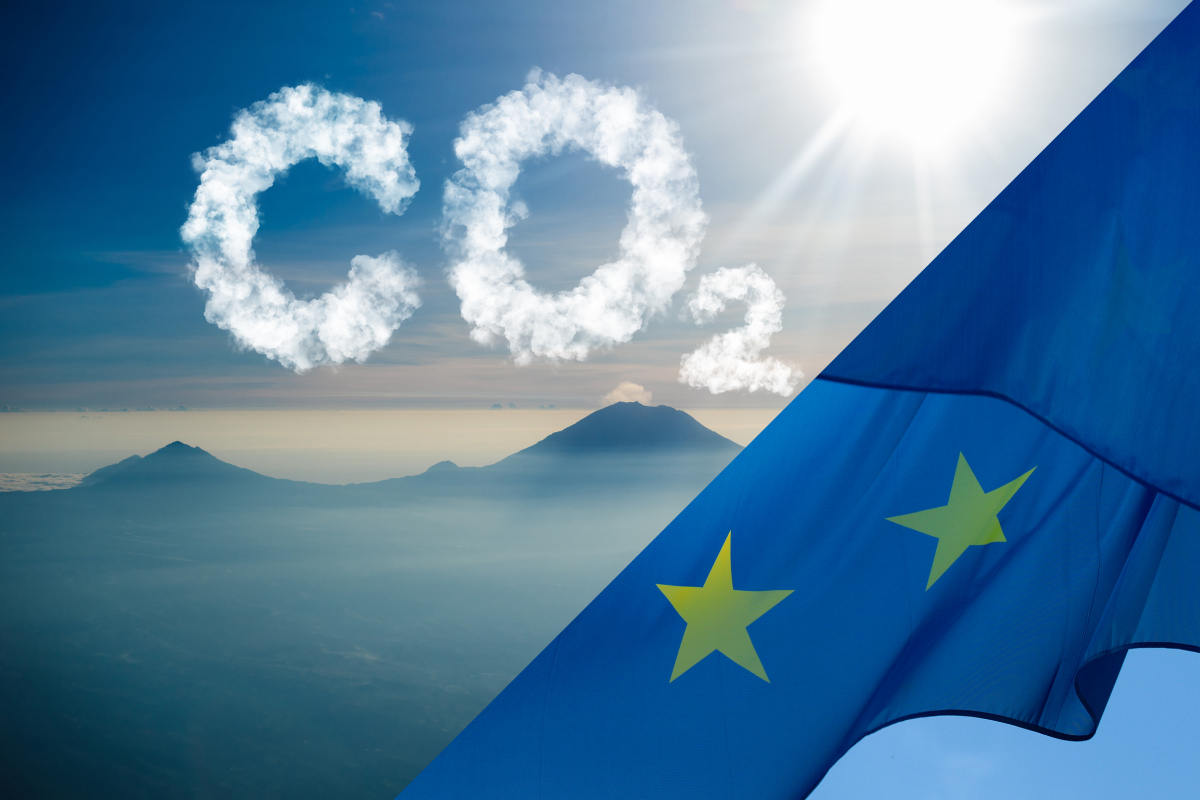
Last Friday, Magnus CMD attended the Gas Industrial Forum 2018, organized by Gas Industrial Association. The most important players of the Iberian gas market were represented in the event, both from large consumers, as well as from regulatory and control bodies such as CNMC, ENAGAS, MIBGAS and MINETAD.
In this forum, we had the opportunity to listen, loud and clear, to the demands of the large gas consumers. These focused in the need of having a more competitive gas price in relation to other European competitors. The response to these demands were also presented, including the measures that are already in operation and those that will come to attend these demands. Measures that might not be clear and concise enough, but that could give us an idea of the roadmap that awaits us for the next months or years.
In the following lines we will try to analyze how far we are from our objectives and what is yet to come in our gas market.
MIBGAS: A common target.
If there is something that everyone agrees on, it is the need to achieve an Iberian gas market that is efficient, transparent, liquid, and a real price reference. In this regard, our government assumes that has already taken the first step and MIBGAS started operating in December 2015 (more information in our previous articles MIBGAS – What is it and how does it work? and MIBGAS and MIDCAT and more gas). Unfortunately, MIBGAS still does not have the desired liquidity, reaching a negotiated volume of 3.8% of the total national demand in 2017 and 6.8% so far this year (figure benefited by a complicated start of the year due to the shortage of supply) and with 70 active agents (40 operational agents on average).
Graph 1: Evolution of the total national demand for natural gas, of the volume of gas negotiated in MIBGAS and of the percentage of said demand covered by MIBGAS (2017)
This lack of liquidity translates into a weak reference price signal for our country and the lack of actors in the Futures Market for risk management. In this regard, it must be said that not everything are bad news. Our MIBGAS has achieved maturity levels not reached by other markets up to 5 years in only 2 years of operation.
To achieve a greater market liquidity, on November 10th , the Council of Ministers approved an agreement that stablishes the obligation for the dominant gas operators, Gas Natural and Endesa, to act as market makers in the MIBGAS, which will force them to make gas offers in this market to avoid the gas to increase due to lack of liquidity.
Graph 2: Price comparison for 2019 between the different European Hubs
In Graph 2 we can see the difference in Spot prices between MIBGAS and the most mature European hub at present, the TTF, since December 2015, when MIBGAS started its operation. The differences in prices make consumers suspicious and, in most cases, engage them to choose to index their contracts to more mature hubs than MIBGAS. Nevertheless, the gap in the price between the two markets, although still present, has been shrinking throughout the period.
MIBGAS has recently had 3 derivatives markets that must compete to become the reference:
- OMIP: Registered the first transaction of Natural Gas future contracts on February 16th, 2018 and allows products with monthly, quarterly, semi-annual and annual physical delivery.
- MIBGAS DERIVATIVES: On Tuesday, April 2nd, 2018 the negotiations of the Natural Gas future products started with monthly (with a maturity higher than the following month), quarterly, semi-annual and annual physical delivery. For the moment it accounts very few operations.
- MEFF: Started offering Natural Gas contracts on May 24th, 2018. The products listed in Natural Gas futures allows weekly, monthly, quarterly, seasonal and annual maturities.
Taxes and tolls: the confrontation
In the case of MIBGAS, whose objectives seem to be clear to all parties, there is some controversy regarding the taxes and tolls that consumers must face. Large gas consumers consider that these taxes should be lowered to be able to compete with European companies. Pedro Riaza, General Secretary of ASCER, commented that a Spanish company pays twice as much for gas as a French company, six times more than a German company and eight times more than an Italian company for tolls and taxes.
Other demands of the industry are the removal of the tax on hydrocarbons or the redistribution of tolls as they do not consider fair, for example, a consumer with a flat profile to be in the same group as a cogeneration plant. In addition, the industry asked for the application of the judgment of the Court of Justice of the European Union (CJEU).
This judgment establishes that the fuels used for cogeneration must not support taxes and obliges to return taxes to energy cogeneration industries, stating that industrialists cannot continue to cover costs not related with the access to gas networks.
On the regulation side, the government considers that it is not possible to reduce regulated costs. They claim that there is a huge need to pay for infrastructures, largely underutilized because of an erroneous forecast of consumption and the rise of other technologies such as renewable energies.
Interconnection, vital for our energy island
Another point considered essential to make our Iberian market a reference for southern Europe, is to have a better interconnection between Spain, Portugal and the rest of Europe. The main project being currently carried out is the MIDCAT pipeline, which will link Spain and France through Catalonia.
We already have talked in greater depth on our blog about this connection, which has suffered complications in recent months. A report to the European Commission by Poyry, a consultancy contracted to supervise the first phase of this project, calls into question the economic viability of the pipeline.
The report shows that the project would only be economically viable if there were a set of conditions which experts consider to be unreal, such as a very tight Liquefied Natural Gas market situation caused by a sudden drop in gas supply from Algeria.
The report defends that there will be no gas flow from Spain to France through the gas pipeline, position that could make France to lose interest in the project. Daniel Navia, Secretary of State for Energy, commented that interconnections of electricity and gas are within their strategic priority and mentioned that the EC role its fundamental to improve them, but they should take decisions thinking in the global picture and not just in pure financial issues.
What is to come: “bunkering”
This Saturday, the BOE, the Spanish channel for publishing official announcements and laws, has published a decree, which, in addition to establishing a more agile procedure to disable fraudulent marketers and thus protect consumers, facilitates the activity of ‘bunkering’ (supply of fuel from ship to ship), of liquefied natural gas (LNG) in Spanish ports. With this measure, it is intended to give greater use to LNG plants and allow Spanish ports to facilitate their supply for navigation, in such a way that ships from all over the world will stop in our ports to refill LNG, which will open a new business for the Spanish gas sector.
Why now this measure?
Last April, the IMO (International Maritime Organization) adopted a series of regulations to reduce polluting emissions, approving a series of mandatory energy efficiency measures. These new international standards require that by 2020, all maritime transport must comply with the requirements of low sulfur content, and the only viable option that would enable this rule is the use of LNG as alternative fuel. The target is the reduction in total greenhouse gas emissions caused by international maritime transport by at least 50% in 2050 (compared to 2008 levels). Recall that emissions from the exhaust gases of ships are potentially harmful to health and can cause acid rain, as well as contributing to global warming. In addition, according to María Fernández Pérez, vice president of the CNMC, 95% of freight transport is carried out by sea.
And what role does Spain play in all this?
Our country, which has a privileged geographical position, could become a world reference for LNG Bunkering if it plays its cards well. To our good location, we must add a large gas infrastructure that is currently underused, where the LNG regasification terminals are being adapted to offer medium-scale supply services. Spain is also the leading country in terminals for the loading and unloading of liquefied gas in Europe and the destination of about 40% of that arriving in the European Union through its six regasification terminals.
And more to come
As it was commented at the beginning of the blog, our industry knows well their needs and their demands are clear. In addition to what has been described, other demands that we could hear from the representatives of the big industry in the Gas Industrial Forum 2018, and that we could see materializing in the future include:
- Facilitate the participation so that the industrialists opt with guarantees to purchase directly using MIBGAS indexes.
- The need of a new LNG Iberian market.
The game, in our hands
No one doubts the need for our industry to have a competitive gas. It is crucial in productive processes of many sectors, representing in some cases the first cost in the costs balances (even above the labor cost). It is evident that it would be hard, if not impossible at all, to compete in an increasingly global market if we do not have prices in accordance with those of other countries. We must not lose sight of the fact that a prosperous industry is directly linked to the creation of employment and wealth.
It seems that government is motivated and willingness to work with the industry, and that it is aware of the importance of its role in the energy sector. We have seen it going from a relative passive position to actively making decisions, applying different measures (although not always right) and announcing other initiatives soon to be applied.
Will we be able to achieve the competitiveness we desire so much?
The moment is now, let’s play our cards well.
If you found it interesting, please share it!
Recent Articles





